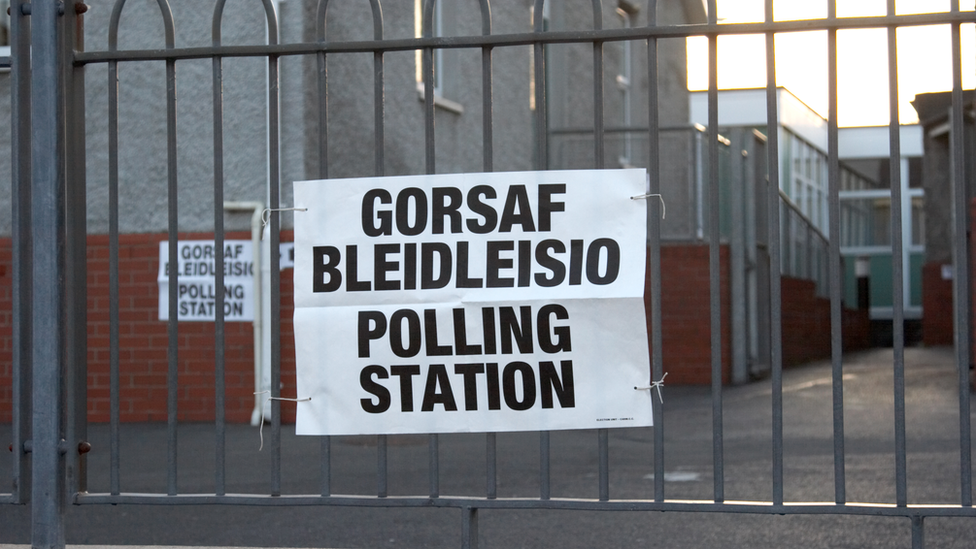Challenges in Implementing Automatic Voter Registration for the Next Senedd Election
The implementation of automatic voter registration (AVR) for the next Senedd election has been described as a “tall order” by the first minister, highlighting the complexity and challenges involved. The Welsh government had initially aimed to introduce these changes ahead of the upcoming May election, but recent statements suggest that this goal may not be achievable.
A former cabinet member who played a key role in advocating for the reforms expressed disappointment over the current situation. The issue is significant, as it is estimated that around 400,000 people in Wales are either missing from or incorrectly listed on the electoral register. This discrepancy raises concerns about the accuracy and inclusivity of the voting process.
Under the current system, voters must take the initiative to register themselves. Local authorities then reach out to households to verify the accuracy of the existing electoral register and encourage residents to apply for inclusion. This manual process can be time-consuming and may lead to gaps in voter representation.
However, the Senedd passed legislation last year to enable automatic voter registration, marking a significant step toward streamlining the process. When the new law was introduced, the then-counsel general, Mick Antoniw, expressed the ambition for the changes to be in place for the 2026 Senedd election.
When questioned about the timeline by Plaid Cymru Member of the Senedd (MS) Adam Price, the first minister acknowledged the difficulty of meeting the deadline. She emphasized the importance of managing expectations regarding the rollout of automatic registrations for the next election. Pilot schemes currently underway in four local authorities are set to conclude in September, with the results to be evaluated by the Electoral Commission.
Morgan highlighted the practical challenges involved in scaling up the system nationally within a short timeframe. She noted that local authorities have indicated that achieving this goal would be extremely difficult. The process requires extensive preparation, including updating systems, training staff, and ensuring compliance with legal requirements.
Antoniw, now a backbench Labour MS, expressed his disappointment that the changes will not be in place for the 2026 election. He urged a renewed focus on maximizing voter registration under the current paper-based system. He also emphasized the need for automatic registration to be implemented for the 2027 local elections.
Jess Blair, director of Electoral Reform Society Cymru, described the news as “disappointing but not a surprise.” She pointed out that the ambitious timeline set by the Welsh government made the decision seem inevitable. Blair called for clear leadership from the government, urging them to either push forward with automatic registration or outline alternative plans to ensure maximum voter participation in the coming months.
The debate over automatic voter registration underscores the broader conversation about electoral reform and the need for a more inclusive and efficient voting system. As discussions continue, the focus remains on finding solutions that ensure every eligible voter has the opportunity to participate in the democratic process.







